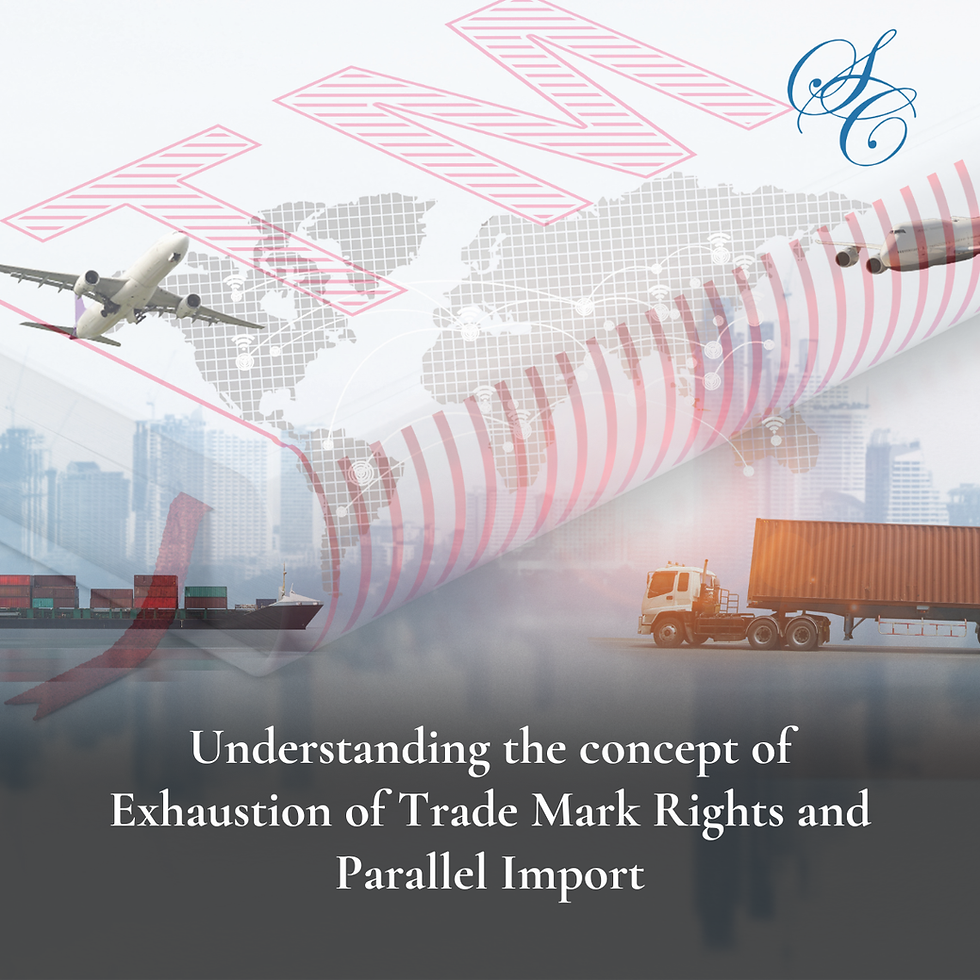Cutting Flag Themed Cake – Patriotism or Hyper-Nationalism?
- Sarwajeet Singh
- Mar 26, 2021
- 3 min read
Our Associate, Rishikaa discusses “Cutting flag themed cake – patriotism or hyper-nationalism?”
A country’s national flag is among the most important insignia of that country’s identity. A national flag evokes a bundle of feelings ranging from pride and solidarity to the extent that an insult of the flag is equated with desacralization. Recently, the Madras High Court, in State v. D. Senthilkumar Crl. O.P. No. 15656 of 2020, addressed the issue of whether cutting of a cake with a tricolour theme amounts to its insult.
The decision of the Hon’ble Court emanated from a criminal complaint against the attendees of a Christmas celebration where an Indian National Flag-themed cake, with a tricolor Indian map outline and an Ashok Chakra, was allegedly cut, distributed, and consumed. It was alleged that the cake’s design represented the Indian National Flag and the act of cutting it amounted to an offence under Section 2 of the Prevention of Insults to National Honour Act, 1971 (hereinafter the “Honour Act”).
Section 2 of the Honour Act, and the explanations appended to it, list the acts that would be considered disrespectful to the National Flag and provide a penalty for insulting the National Flag. As per the Hon’ble Court, to constitute an offence under Section 2 of the Honour Act, it must be clearly established that there was mens reas (intention) and actus reas (action). The mens reas element would be satisfied if it is shown that there was an intention to insult the National Flag and actus reas element would be satisfied if it can be proven that there was an act of such insult. Citing extracts from the Constituent Assembly Debates, the Rig Veda, and quoting personalities such as Ralph Waldo Emerson, Nani Palkhiwala as well as Rabindranath Tagore, the Single Judge Bench of the Court observed that patriotism cannot be determined by a gross physical act. Rather, the intention behind an act is the true test of patriotism. While emphasizing the importance of nationalism in a democracy, the Court took a step further and commented on the need for rejecting hyper nationalism. It observed that excessive nationalism goes against the very spirit of India and would be an obstacle in its prosperity and past glory. The Court explained its observation with an illustration of how the National Flag is pinned to people’s clothes on the occasions of Independence Day and Republic Day but is dumped as wastepaper after the participants leave the venues of celebrations. This does not amount to insult and cannot be considered an offence under Section 2 of the Honour Act. The Court said that giving a broad meaning to the word ‘insult’ would make people uncomfortable in handling the National Flag. The Court opined that “The symbolisation of national pride is not synonymous with patriotism,…”
Applying the above principles to the instant case, the Hon’ble Court stated that it is pertinent to determine the intention behind cutting a National Flag-themed cake. If the intention was to ridicule the National Flag, only then would such an act satisfy both the elements and be considered an offence. However, in the instant case, the attendees of the Christmas celebration left the premises with a feeling of pride and the purpose of using the National Flag is achieved once such a feeling is created in the minds of the participants. In view of the above, the Court ruled that cutting a cake depicting the National Flag cannot be construed as an insult to the National Flag. Consequently, such cutting does not amount to an offence under Section 2 of the Honour Act.




Comments